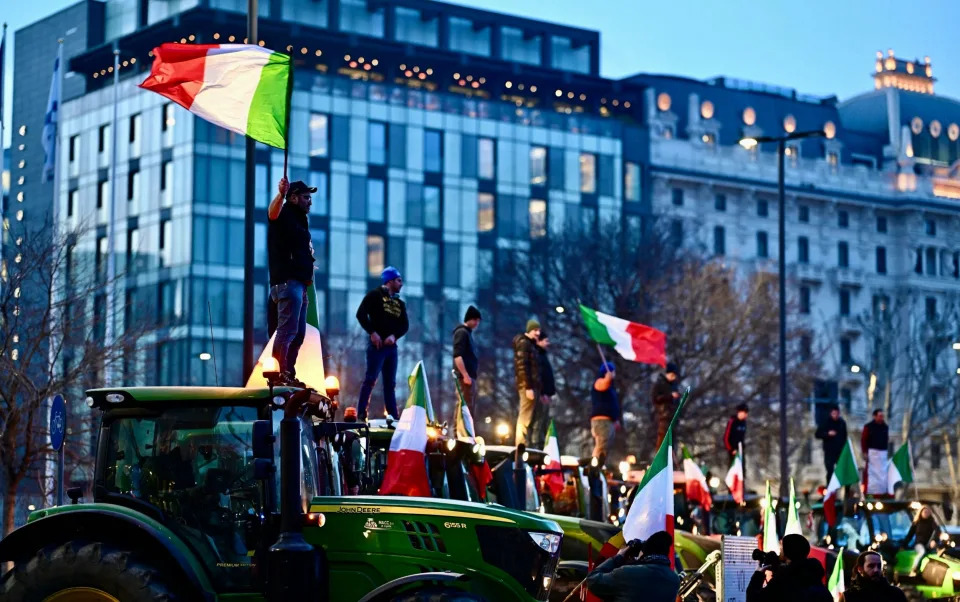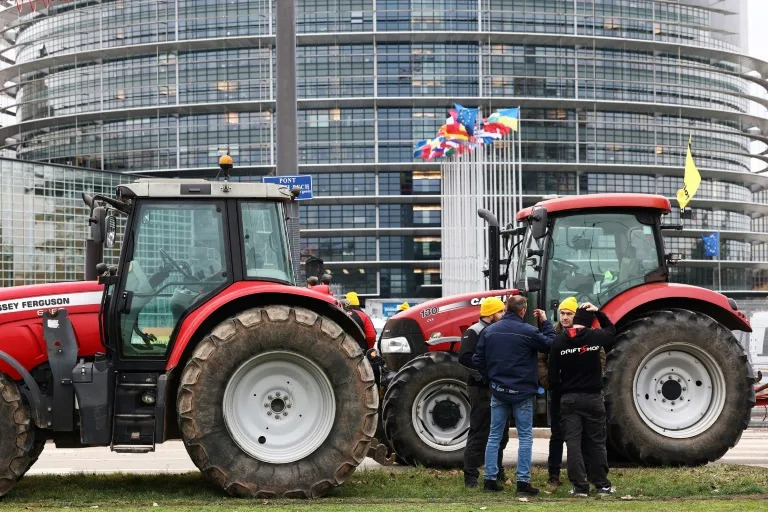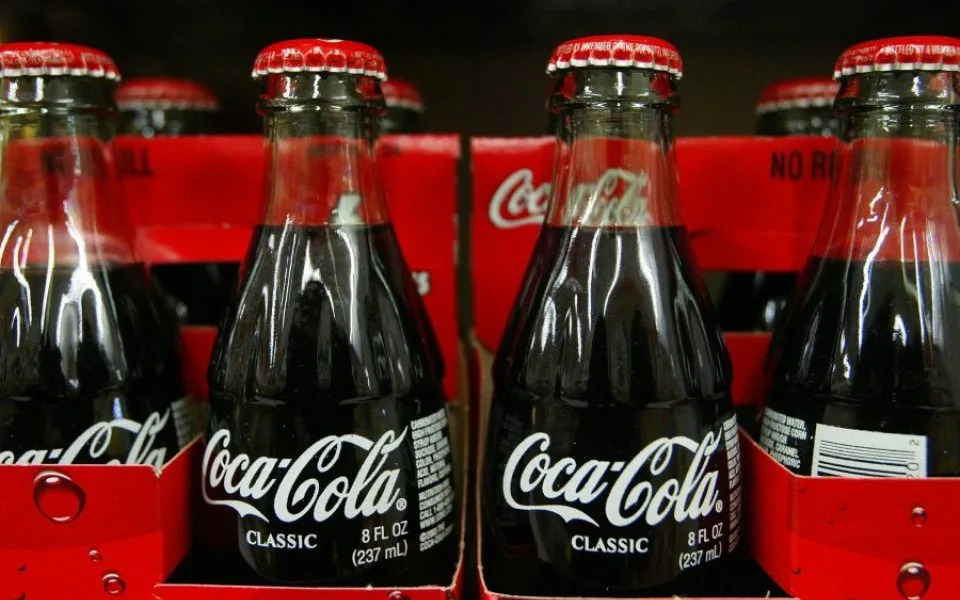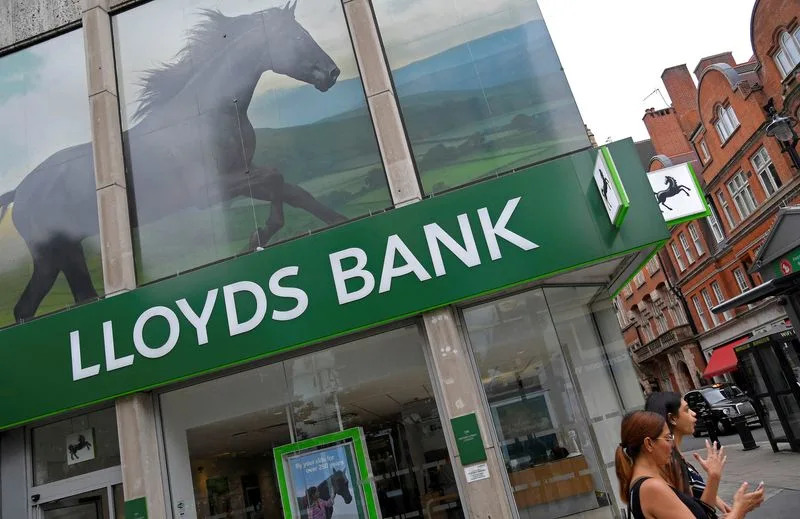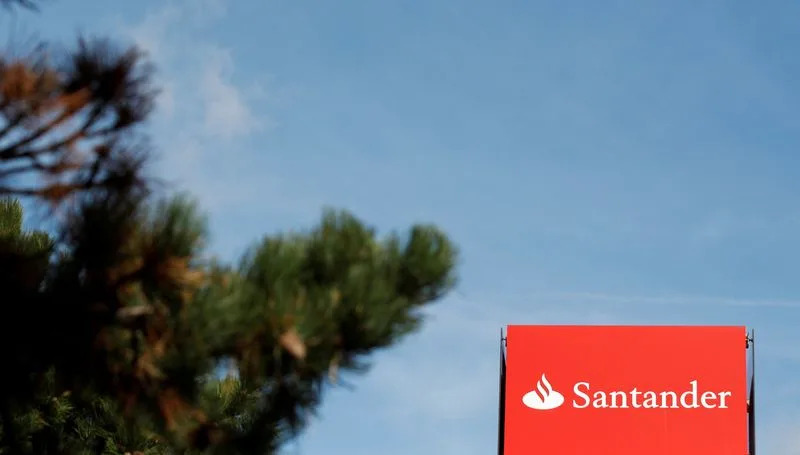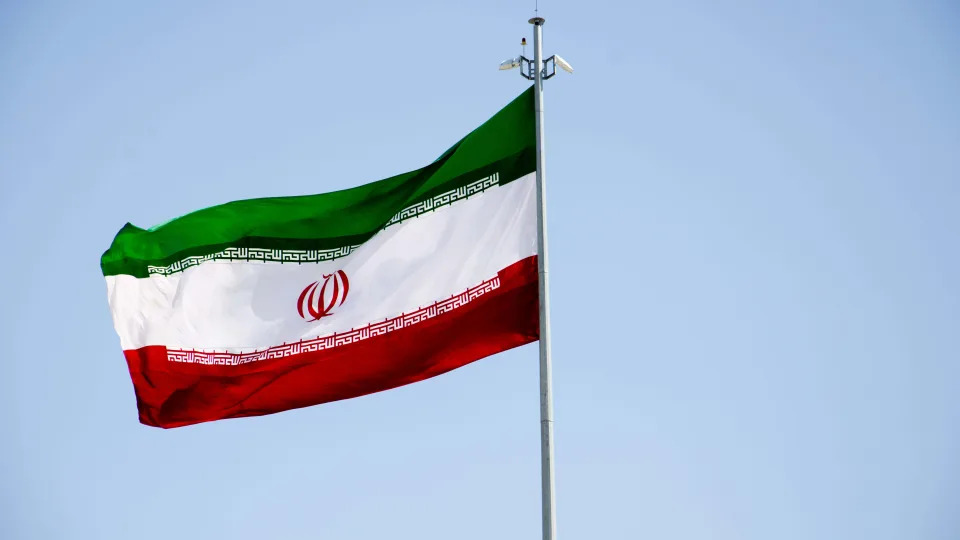Laurent LOZANO
Tue, 6 February 2024

The opposition in Senegal has denounced the delayed election as a 'constitutional coup' (JOHN WESSELS)
The Senegalese opposition on Tuesday denounced a "constitutional coup" after parliament voted to delay the presidential election by 10 months, plunging the normally stable country into its worst crisis in decades.
Lawmakers backed postponing this month's polls until December 15 during a lengthy and heated debate, which at times descended into shoving and pushing.
The proposal eventually passed almost unanimously late on Monday -- but only after security forces stormed the chamber and removed some opposition deputies.
It paves the way for President Macky Sall -- whose second mandate was due to expire in early April -- to remain in office until his successor is installed, probably in 2025.
Opposition members claim the country has been taken "hostage" and have decried the erosion of Senegal's democratic norms.
It is the first time that Senegalese voters, who were due to elect their fifth president on February 25, head to the ballot box almost 10 months later than planned.
"The situation is completely catastrophic, Senegal's image is ruined, and I don't think we'll be recovering from this democratic bankruptcy, this tsunami in the rule of law, any time soon," opposition deputy Ayib Daffe said after the vote.
Security forces earlier on Monday used tear gas to disperse opposition protesters outside parliament, where demonstrators chanted "Macky Sall dictator".
Inside the parliamentary chamber, gendarmes intervened during the debate to forcibly remove opposition MPs, who had been obstructing the voting process.
The bill was passed without their votes late on Monday, with 105 in favour and only one against.
- 'Gravedigger of republic' -
The move unleashed widespread outcry on social media, despite the government suspending mobile internet access on Monday.
"We are all devastated. It's a blow to Senegalese democracy," said Pape Djibril Fall, one of the 20 candidates who had been in the running for the presidency.
Aliou Mamadou Dia, another candidate, reiterated the phrase "constitutional coup".
"They have taken the country hostage," he fumed.
More than 100 academics and personalities teamed up to publish a column describing the president as the "gravedigger of the republic".
"The real crisis is the one that will result from this unprecedented decision calling into question the electoral timetable, for which he is the sole initiator and ultimately responsible," they wrote.
Even Senegal's celebrated musician Youssou N'Dour, a former minister and ally of the president, said he "unequivocally" condemned the postponement and was concerned for the country.
The parliament vote provides little clarity on what the future holds for the electoral process.
Senegal is often viewed as a bastion of stability in West Africa and has never experienced a coup since gaining independence from France in 1960, making it a rare outlier in a volatile region.
Sall on Saturday said that he delayed the vote because of a dispute between the National Assembly and the Constitutional Council over the rejection of candidates.
He said he wanted to prevent any pre- and post-electoral disputes and new clashes, such as those that rocked Senegal in 2021 and 2023.
Tensions had soared over speculation that Sall -- first elected in 2012 and re-elected in 2019 -- was considering running for a third term.
He eventually confirmed last July that he would not stand again, re-iterating it on Saturday.
- 'Back on democratic course' -
But the opposition suspects the postponement is part of a plan by the presidential camp to avoid defeat, or even to extend Sall's term in office.
The move has sparked international concern and Human Rights Watch warned that Senegal risked losing its democratic credentials.
"Senegal has long been considered a beacon of democracy in the region. This is now at risk," it said in a statement.
"Authorities need to act to prevent violence, rein in abusive security forces, and end their assault on opposition and media," it said.
"They should respect freedom of speech, expression, and assembly, and restore internet, putting Senegal back on its democratic course."
Security forces in the capital Dakar suppressed attempted demonstrations on Sunday and Monday.
Local media reported a total of 151 arrests, which AFP could not initially verify.
But mobilisation on the streets remains limited, with opposition figures yet to form a coherent bloc.
Cheikh Anta Diop University in Dakar, a historic centre of protest, has been closed since the unrest of 2023 and the anti-system party PASTEF has been plagued by arrests since 2021.
The opposition said it had launched appeals with the Constitutional Council to question the vote delay.
lal/acc/kjm

